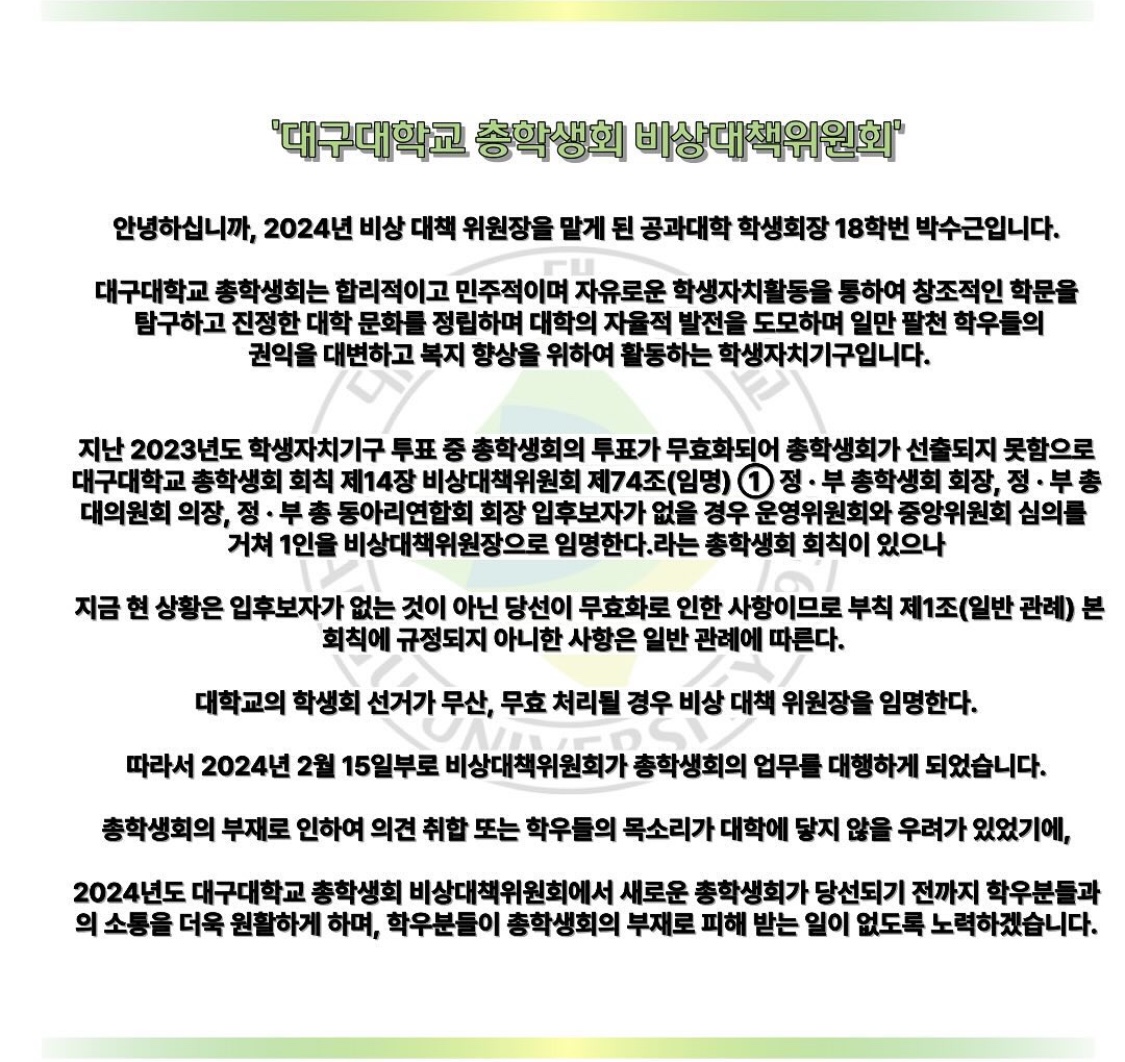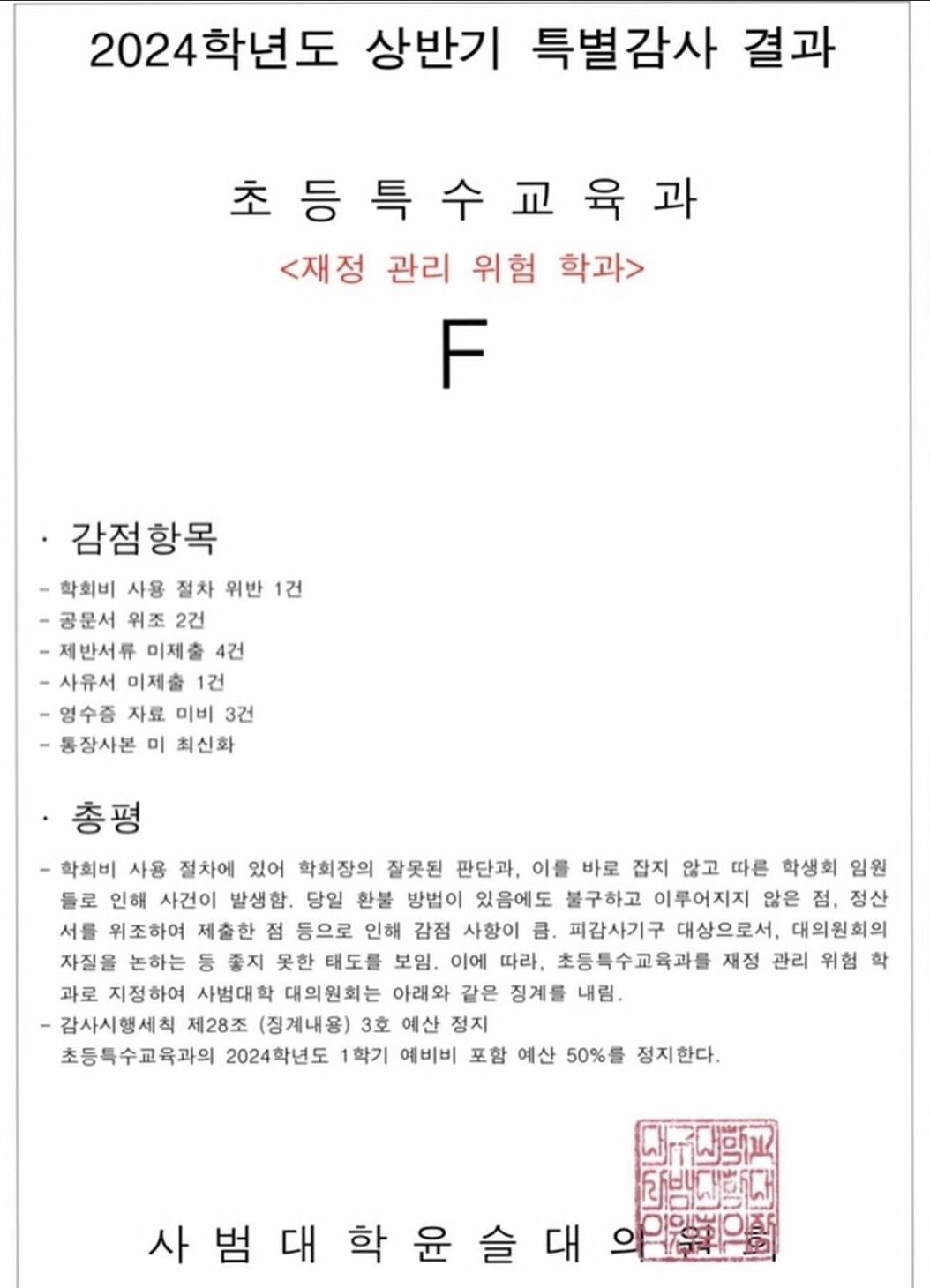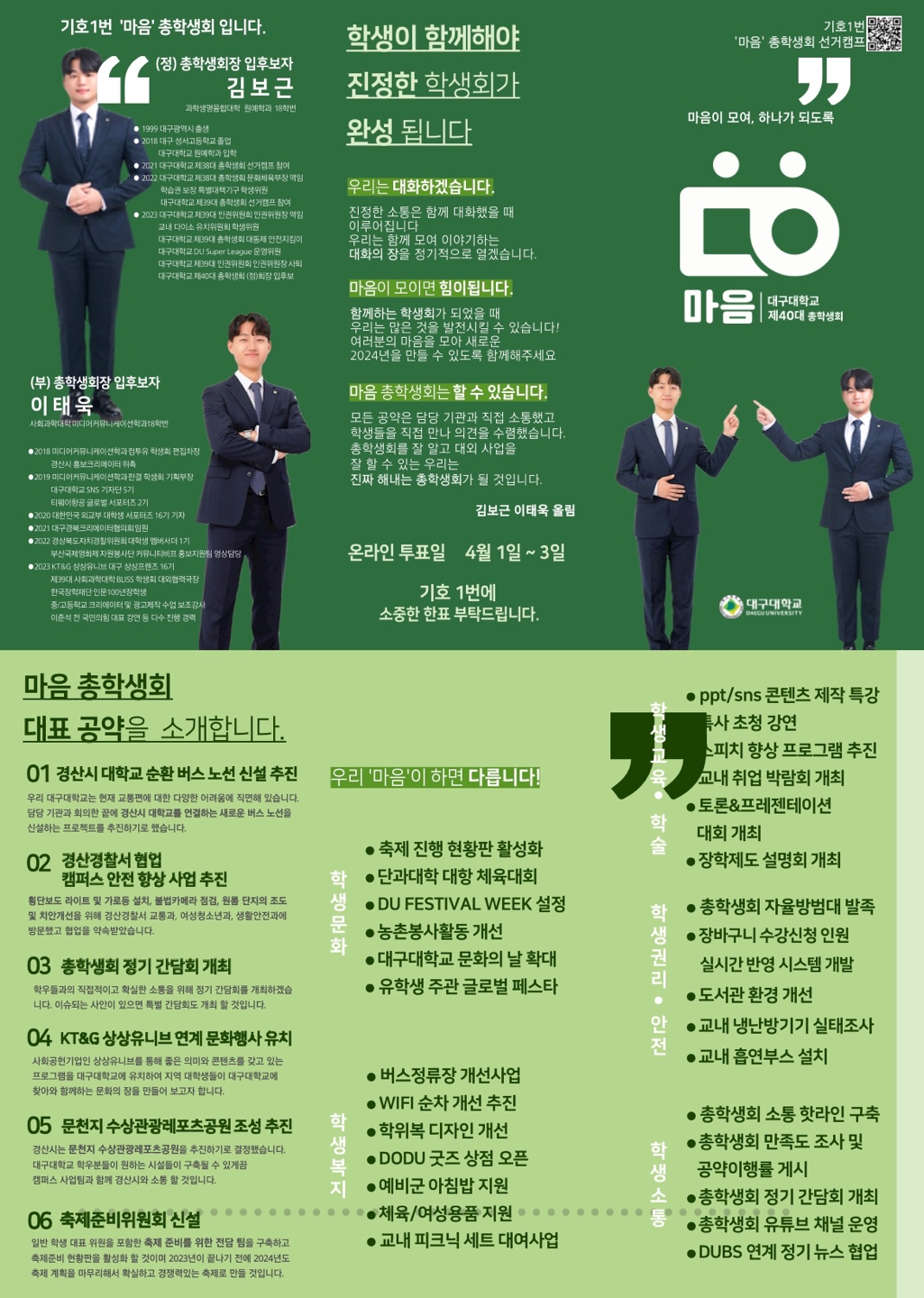 |
“Beat Plastic Pollution.” It is the theme for World Environment Day 2018. Ocean pollution has been the greatest environmental challenges of our generation. One million plastic bottles are consumed every minute, and 5 trillion disposable bags are used annually. These plastics normally take up to a 1000 years until they are completely disintegrated. While decomposing, they might get into the water supply, harming our bodies eventually.
Recognizing the seriousness, many countries are imposing sanctions on plastic use. The French Ministry of Environment said it plans to raise taxes on plastic waste and lower the VAT on recycled plastic products. The price of recycled plastic containers will be lower than those of non-recycled containers. In South Korea, there is a law that restricts the use of plastic cups in stores; the plastic containers are only available for take-outs.
Many companies have begun to recognize the harmfulness of plastic pollution. Starbucks announced that they will eliminate plastic straws and replace them with sippy cups, which are fully recyclable. Those lightweight straws rarely go through mechanical sorting and end up in the landfills and waterways. For those still in need of straws, compostable plastics and paper-based straws will be used.
 |
What can we do to prevent plastic pollution? Take your tumbler to the cafe instead of consuming one disposable cup. Since the plastic bag is mostly for a single use, bringing your own shopping bags to the supermarket can be helpful. Picking up plastics you see on the beach can help to maintain the marine systems. Refusing plastic cutlery is another way. If you can't reuse it, refuse it!
Not only plastics, but also cosmetics have a tendency to harm the marine ecosystem. Sunscreens which contain oxybenzone and octinoxate have contributed to coral bleaching. More than 3,500 sunscreen products contain the chemicals. In response, Hawaii has become the first US state to ban sunscreens that are known to harm the coral reefs; the bill will take effect in 2021. It will not only protect coral reefs but will further protect marine ecosystems.
Wendell Berry, the environmentalist, once said, "Whether we and our politicians know it or not, Nature is party to all our deals and decisions, and she has more votes, a longer memory, and a sterner sense of justice than we do." Our world is surrounded and threatened by human beings. Although changes in government and businesses are important, individual efforts are also encouraged.
L.L.F reporter Suk-ho Jung
정석호 ssukojung@gmail.com

 작년 총학생회 선거 무효화에 비대위 출범
작년 총학생회 선거 무효화에 비대위 출범

![[4∙10 총선] “TK지역 역대급으로 조용한 선거”](/news/photo/202404/6631_5793_2439.jpg)




